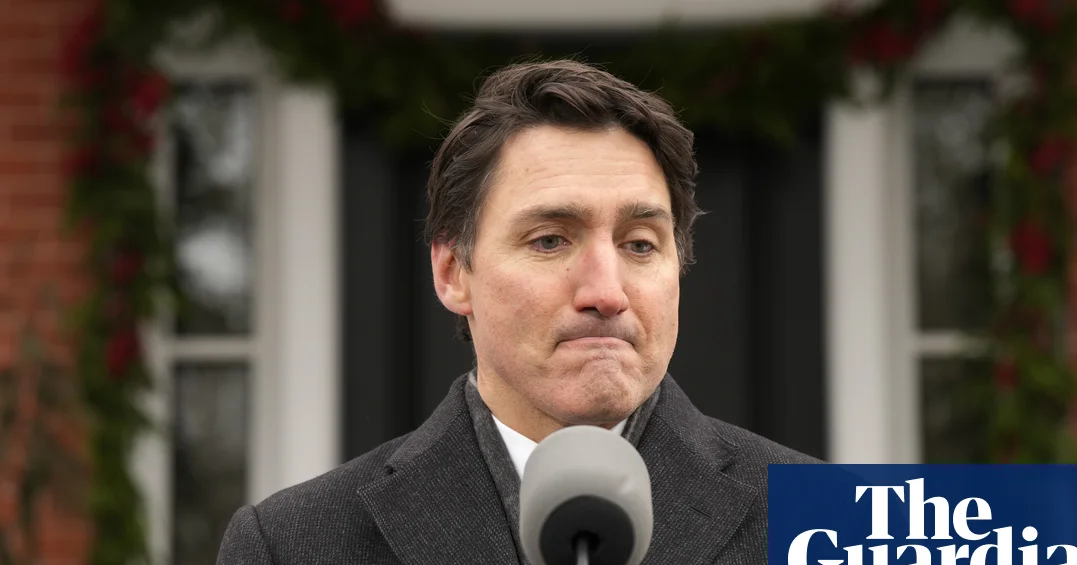After nearly a decade in power, Justin Trudeau has said he intends to step down as prime minister.
The 53-year-old politician, who rose to become prime minister in November 2015 on the promise of hope and revitalisation, has been under pressure to quit for months.
Once the rising star of global progressive politics, Trudeau saw his approval ratings drop to a new low of only 33% late last year. The same poll revealed widespread frustration with economic malaise.
Like many leaders in the west, Trudeau suffered under record inflation and high food prices. A domestic housing crisis, which saw house prices in some areas jumping by 30%-40% in recent years, has deepened resentment with the government.
Political scandals during a long tenure have not helped either. Trudeau was reprimanded in 2017 for accepting gifts including holidays and private helicopter flights. Skipping out on the country’s first national day of truth and reconciliation for a surfing vacation, and revelations that members of his family were paid hundreds of thousands of dollars by a charity to which his government recently awarded a substantial contract also harmed his reputation.
Under federal law, an election must happen by October 2025. But in recent months, members of Trudeau’s Liberal party will have been assessing whether it would be time for the leader to step aside and bring in someone new.
Late last year, nearly two dozen backbench Liberal MPs signed a letter calling for the prime minister to step down or face the possibility of a crushing defeat.
But it was not until mid-December when his stalwart deputy, Chrystia Freeland, left dramatically, criticising the prime minister publicly and questioning whether he could handle a second Donald Trump term. Days later, Liberal lawmakers from Atlantic Canada, Ontario and Quebec said it was time for a new leader.
The US president-elect’s “America first” economic nationalism includes a threat of 25% tariffs on Canada.
Freeland has warned that Canada, which is the US’s biggest trade partner, needed to take that threat “extremely seriously”.
Trump has mocked Trudeau by calling him a “governor”, not prime minister, of the “great state of Canada”, suggesting it is a US state and not a sovereign country.
However, Freeland’s pointed comments on Trudeau’s ability to deal with Trump may be part of a more domestic play for power. She had been tipped as a successor to run the Liberal party if Trudeau were to step down.
Liberal lawmakers were due to meet on Wednesday to discuss whether Trudeau’s future would be tenable. Trudeau’s announcement on Monday that he plans to step down until the party chooses a replacement was seen as preempting that meeting.
In the same speech, he announced he would suspend parliament until 24 March, which will give his party time to choose a new leader.
Federal law requires an election be held by October 2025 but with all opposition parties saying publicly they no longer have confidence in the governing Liberals, an election is likely to happen much sooner.
The Conservatives are expected to win a majority government given current polling. But that result could sway substantially depending on the new leaders the Liberals choose.



